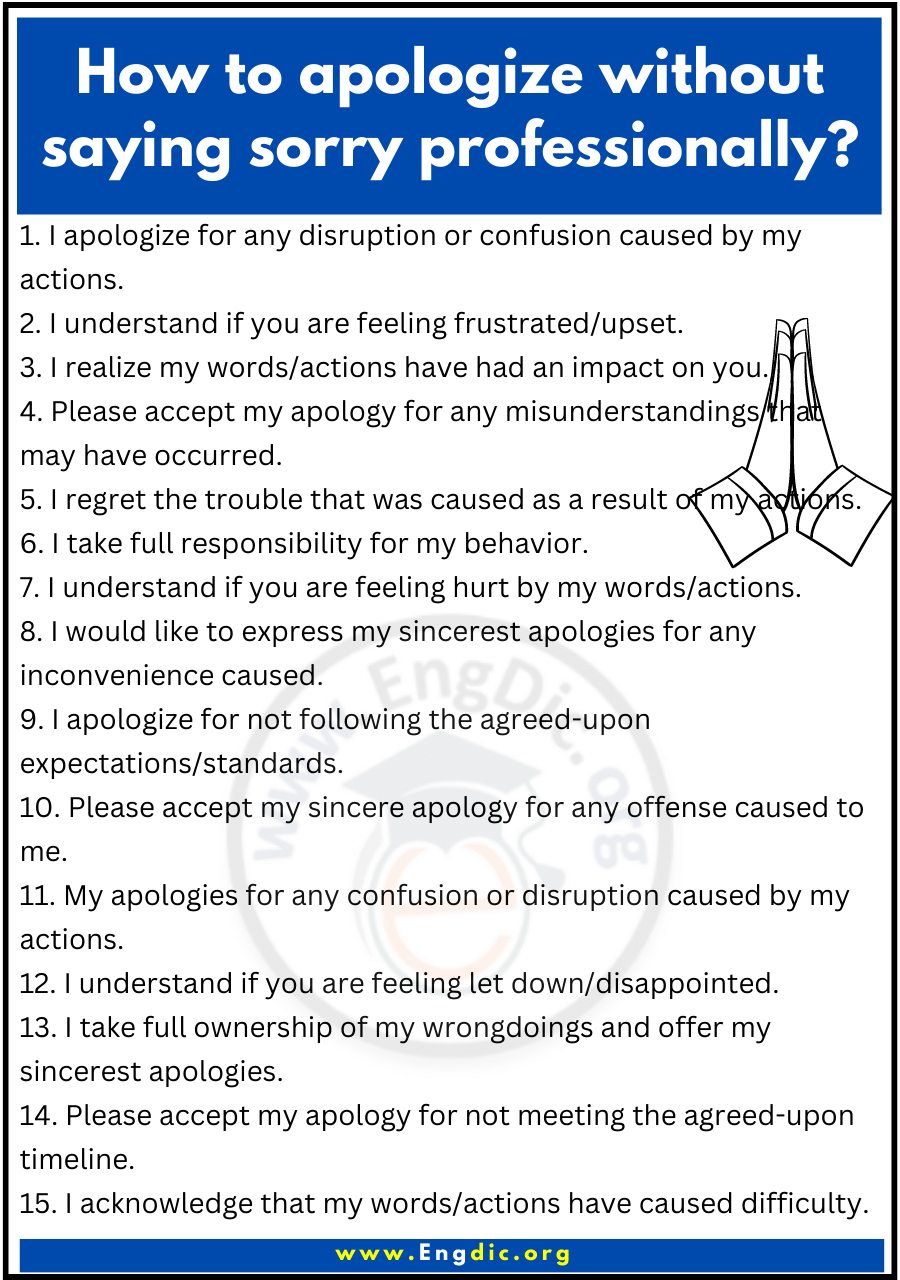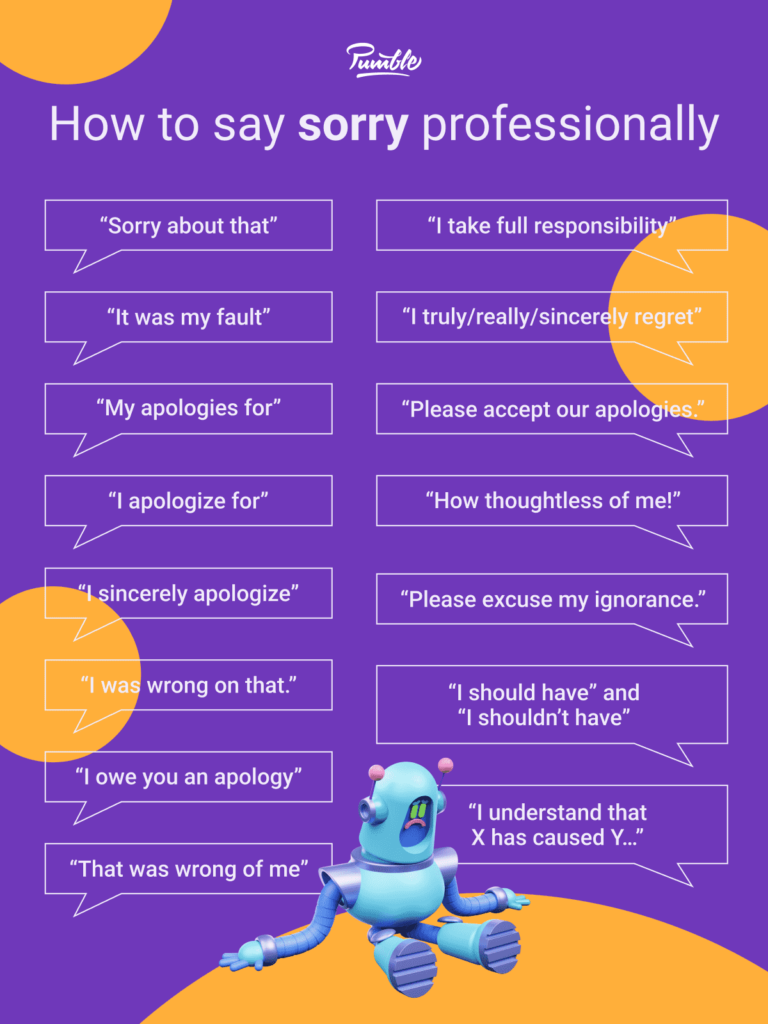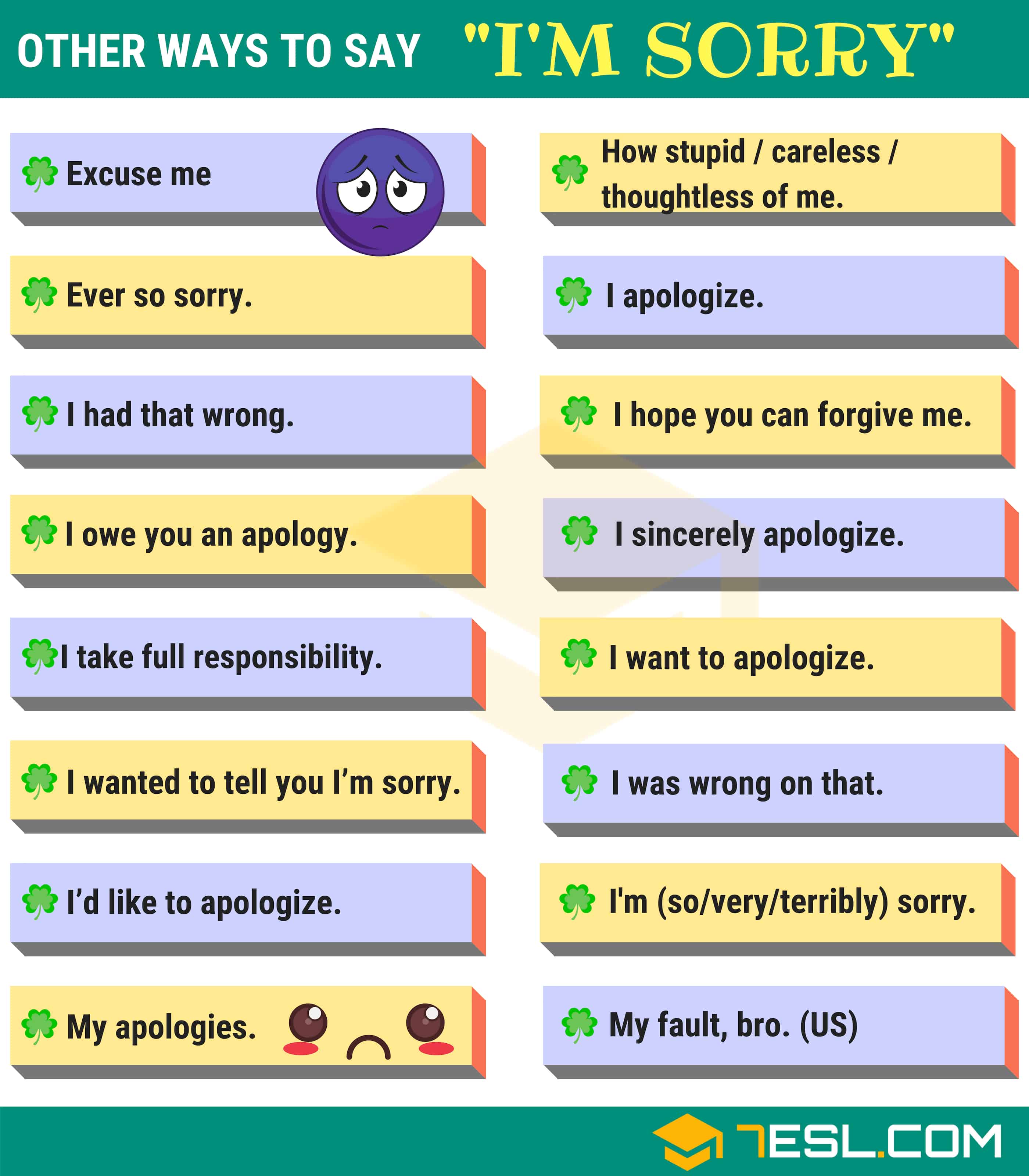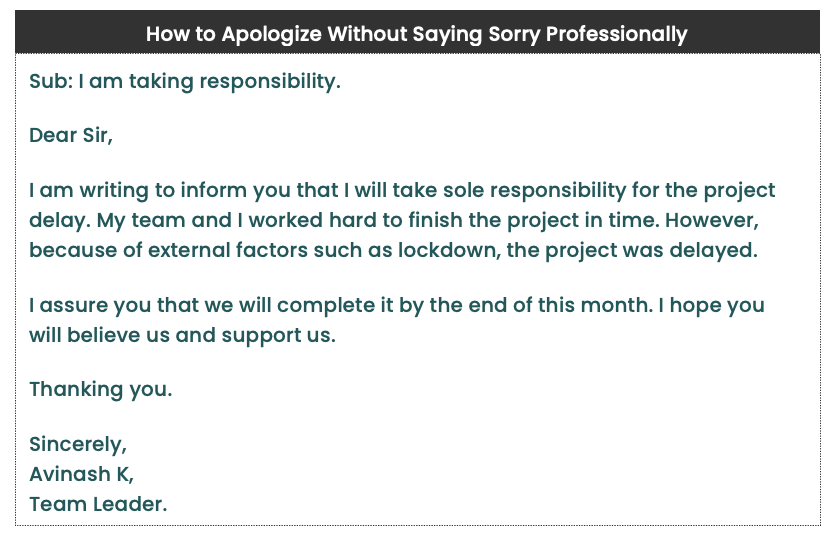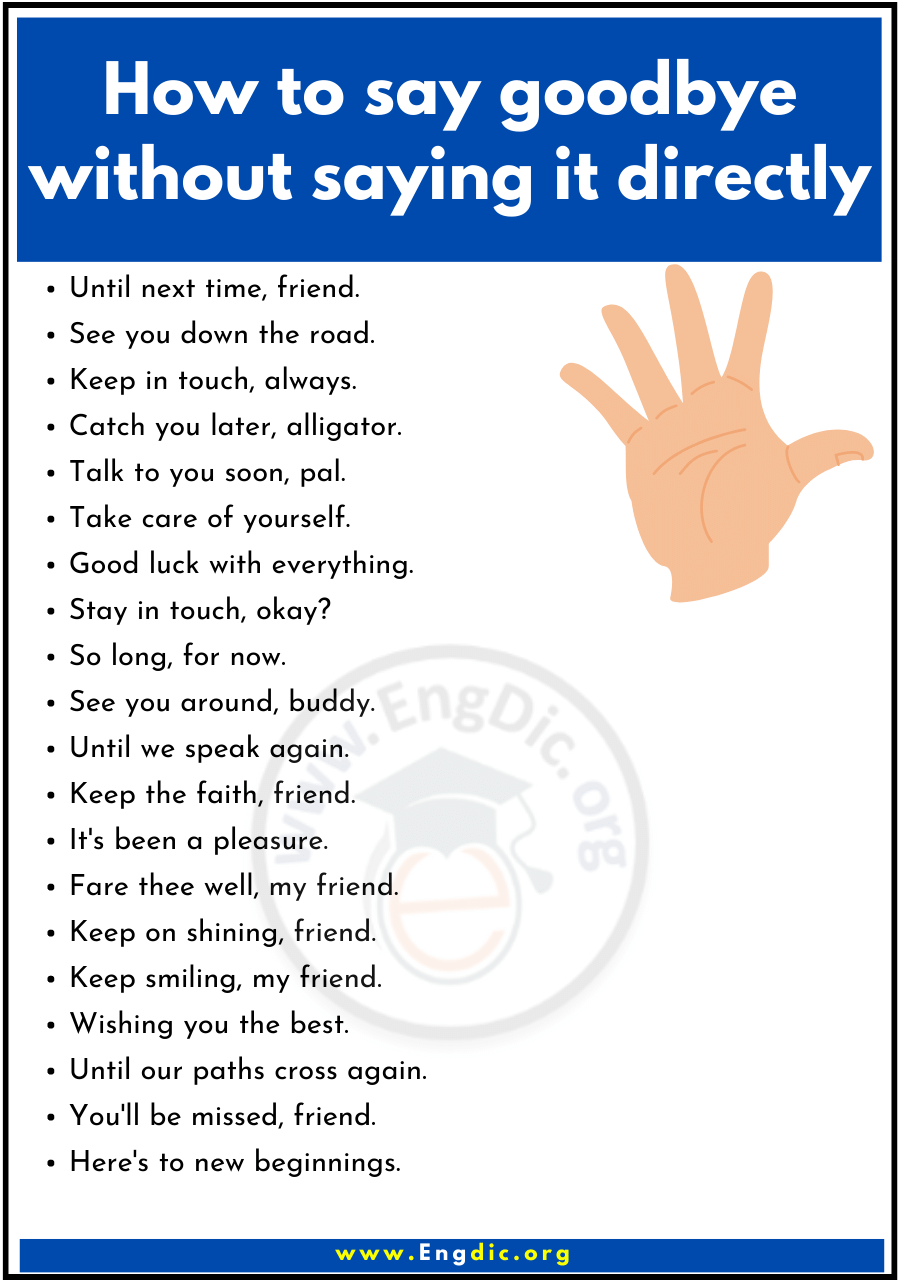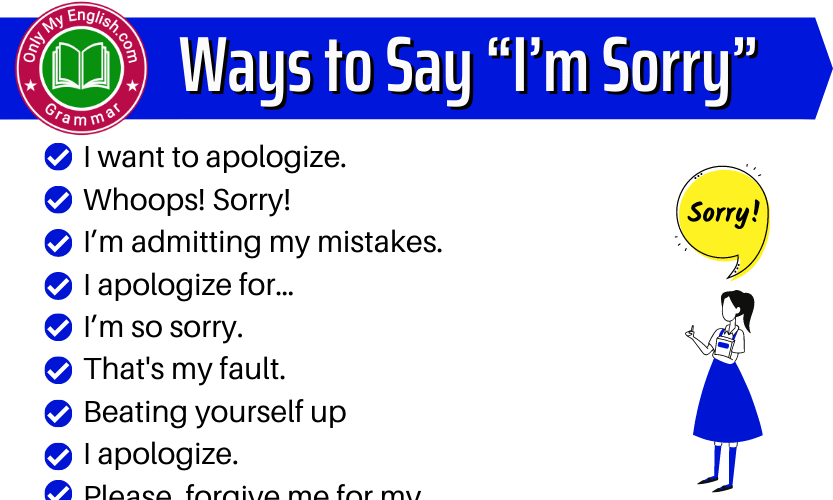How To Say Sorry Without Saying It

The aroma of freshly baked bread wafted through Mrs. Gable's kitchen, a stark contrast to the tension that had hung heavy in the air for days. Her granddaughter, Lily, carefully arranged a plate of warm cookies, her brow furrowed in concentration. The words "I'm sorry" felt stuck in her throat, but the gesture, the tangible expression of care, spoke volumes.
We often find ourselves in situations where uttering the words "I'm sorry" feels inadequate, forced, or simply impossible. This article explores the art of expressing remorse and taking responsibility without explicitly voicing those two loaded words, focusing on alternative approaches that prioritize empathy, understanding, and genuine repair.
The Power of Actions
Sometimes, actions truly do speak louder than words. Instead of simply apologizing, focus on demonstrating a change in behavior. Consider Dr. Gary Chapman's concept of love languages, which can be adapted to express apologies effectively.
If your partner values acts of service, cleaning the house or running errands can communicate remorse more powerfully than a verbal apology. Showing empathy means actively listening and understanding the other person's perspective before offering any justification or defense.
Understanding the Root of the Issue
Before attempting any form of apology, it's crucial to understand the root of the issue and how your actions impacted the other person. Acknowledging their feelings is a critical first step.
For example, instead of saying "I'm sorry I was late," try: "I understand that my lateness caused you to miss the beginning of the show, and I know how much you were looking forward to it." This demonstrates empathy and validates their feelings.
Taking Responsibility
A key element of a genuine apology, verbal or otherwise, is taking full responsibility for your actions. Avoid deflecting blame or making excuses.
Instead of saying, "I'm sorry, but you also..." try, "I made a mistake when I... I understand that this caused..." Acknowledging your specific actions and their impact shows sincerity.
Offering Restitution
Depending on the situation, offering restitution or making amends can be a powerful way to express remorse. This could involve repairing damaged property, replacing a lost item, or helping to correct the consequences of your actions.
For example, if you accidentally damaged a friend's lawn mower, offering to pay for the repairs, or even replacing it altogether, demonstrates a commitment to making things right.
The Importance of Time and Patience
Sometimes, even the most heartfelt gesture won't immediately erase the hurt caused. Give the other person time and space to process their emotions.
Pushing for immediate forgiveness can be counterproductive. Allow them to come to terms with what happened and rebuild trust at their own pace. Consistent positive actions over time will ultimately speak volumes.
"The truth is, unless you change your behavior, any apology is meaningless." - Unknown
Remember Lily and the cookies? After offering the plate, she quietly sat with her grandmother, listening intently as Mrs. Gable shared her feelings about the recent disagreement. Lily didn't interrupt or defend herself; she simply listened, offering a comforting hand squeeze. This genuine connection, born not of forced words but of attentive presence, began to mend the rift between them.
Expressing remorse without saying "I'm sorry" is a nuanced skill that requires empathy, self-awareness, and a genuine desire to repair relationships. By focusing on actions, taking responsibility, and allowing time for healing, we can communicate our regret in ways that are more meaningful and lasting than words alone.

